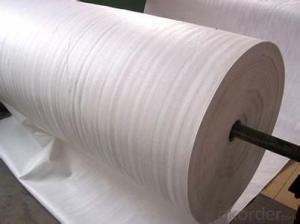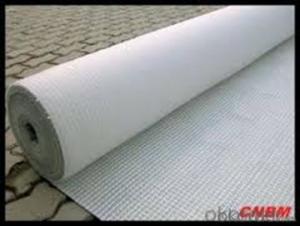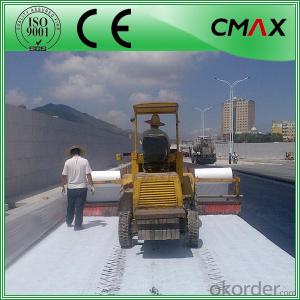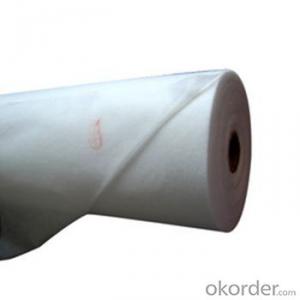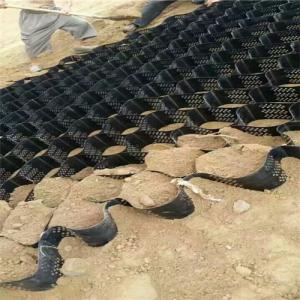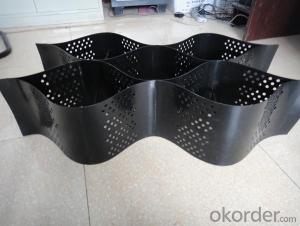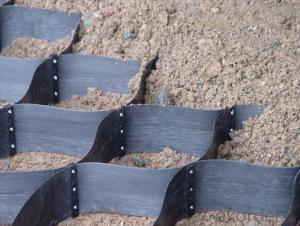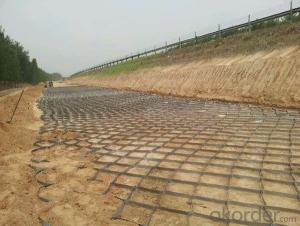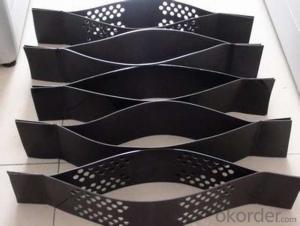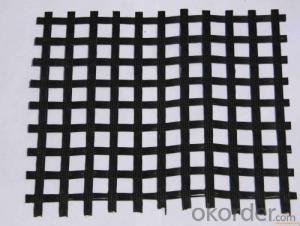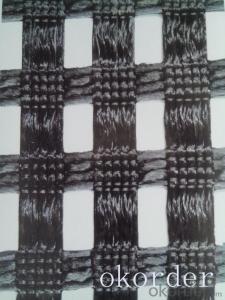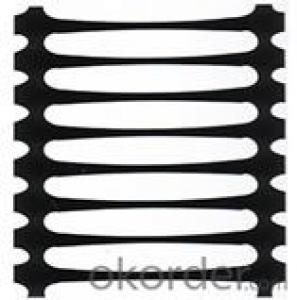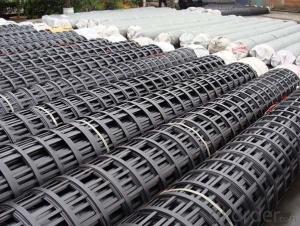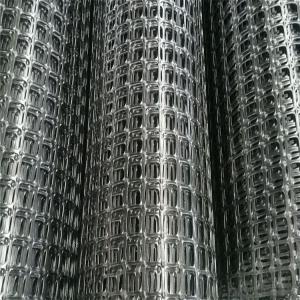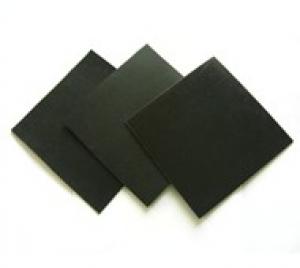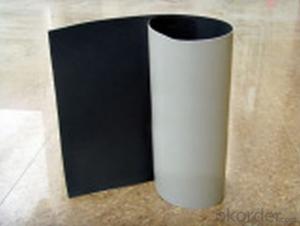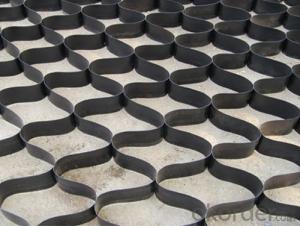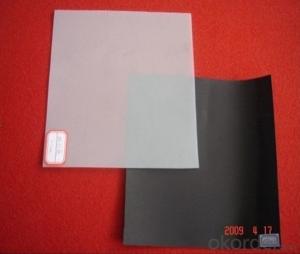All Categories
- - Steel Wire Rod
- - Steel Coils
- - Steel Profiles
- - Steel Pipes
- - Stainless Steel
- - Tinplate
- - Special Steel
- - Steel Sheets
- - Steel Rebars
- - Steel Strips
- - Hot Rolled Steel
- - Cold Rolled Steel
- - Pre-painted Steel
- - Seamless Steel Pipe
- - Welded Steel Pipe
- - Hollow Steel Tubes
- - Galvanized Pipe
- - Stainless Steel Coil
- - Stainless Steel Sheet
- - Stainless Steel Plate
- - Stainless Steel Strips
- - Electrolytic Tinplate Coil
- - Electrolytic Tinplate Sheet
- - Stainless Steel Rebars
- - Solar Panels
- - Solar Water Heater
- - Solar Related Products
- - Solar Inverter
- - Solar Cells
- - Solar Light
- - Solar Energy Systems
- - Solar Controllers
- - Solar Mounting System
- - Solar Pump
- - Solar Chargers
- - Fiberglass Chopped Strand
- - Fiberglass Mesh Cloth
- - Composite Pipes
- - FRP Pultrusion Profiles
- - Fiberglass Mat Tissue
- - Fiberglass Fabrics
- - Fiberglass Mesh
- - Composite Tank
- - Fiberglass Mesh tape
- - Polymer
- - FRP Roofing Panel
- - Fiberglass Roving
- - Monolithic Refractories
- - Ceramic Fiber Products
- - Refractory Bricks
- - Raw Materials For Refractory
- - Suspended Platform
- - Cranes
- - Concrete Machinery
- - Earthmoving Machinery
- - Building Hoist
- - Road Building Machinery
- - Plastic Pipe Fittings
- - Plastic Tubes
- - Plastic Sheets
- - Agricultural Plastic Products
- - Plastic Nets
 All Categories
All Categories
Q & A
What measures are taken to prevent soil liquefaction in earthquake-prone areas during earthwork?
To prevent soil liquefaction in earthquake-prone areas during earthwork, several measures are taken. One common approach is to compact the soil layers to increase their density and reduce the risk of liquefaction. Additionally, the use of ground improvement techniques such as soil stabilization or densification methods can be implemented. These techniques involve injecting grout or other materials into the soil to strengthen its structure and improve its resistance to liquefaction. Moreover, engineers may choose to implement deep foundations or ground improvement systems, like stone columns or soil mixing, to enhance the stability of the soil. Overall, a combination of these measures is employed to minimize the vulnerability of the soil to liquefaction during seismic events.
How is groundwater managed during deep excavations in earthwork?
Groundwater is managed during deep excavations in earthwork through various methods such as dewatering, wellpoint systems, and the use of sump pumps. Dewatering involves the removal of groundwater from the excavated area using wellpoints or well screens, which are installed around the perimeter of the excavation. These wellpoints are connected to a vacuum pump or a dewatering system that helps lower the groundwater level and maintain a dry working area. Sump pumps are also employed to collect and remove any water that accumulates in the excavation. Overall, the goal is to control the groundwater level to ensure the stability and safety of the excavation site during construction activities.
What is the role of a geotechnical report in earthwork construction?
A geotechnical report plays a crucial role in earthwork construction as it provides essential information about the soil and subsurface conditions at a construction site. It helps engineers and contractors understand the characteristics of the soil, such as its strength, composition, and stability, which are vital for designing and implementing safe and cost-effective construction practices. The report also identifies any potential geotechnical hazards or challenges that may arise during the construction process, allowing for proper planning and mitigation measures to be implemented. Overall, a geotechnical report serves as a guide for making informed decisions and ensuring the structural integrity and stability of earthwork construction projects.
Wholesale Earthwork from supplier in Kuwait
We are a Earthwork supplier serving the Kuwait, mainly engaged in the sale, quotation, and technical support services of various Earthwork products in the Kuwait region. We are a subsidiary platform of the Fortune Global 500 company CNBM, able to provide you with one-stop Earthwork procurement services in the Kuwait. Not only do we have a wide range of Earthwork products, but after years of market development in the Kuwait, we can also provide valuable experience for your projects.
